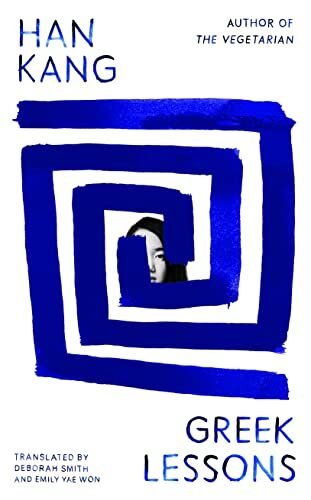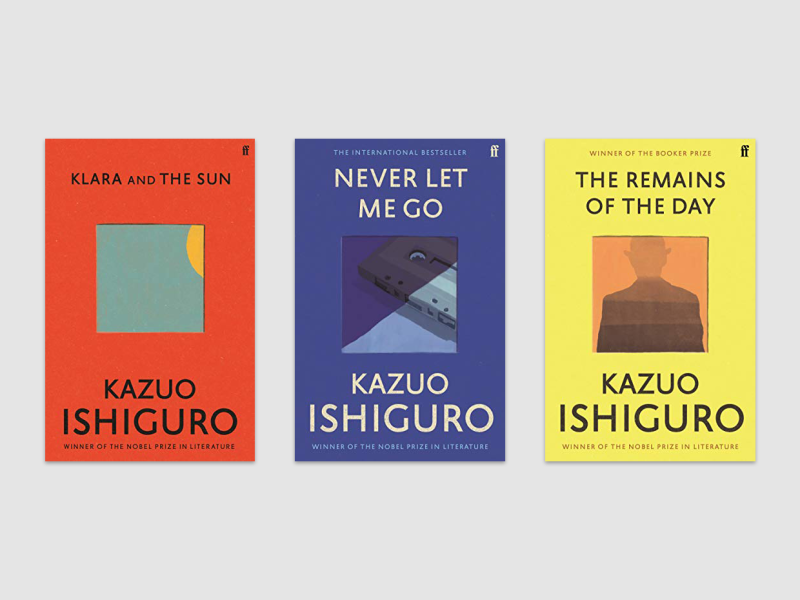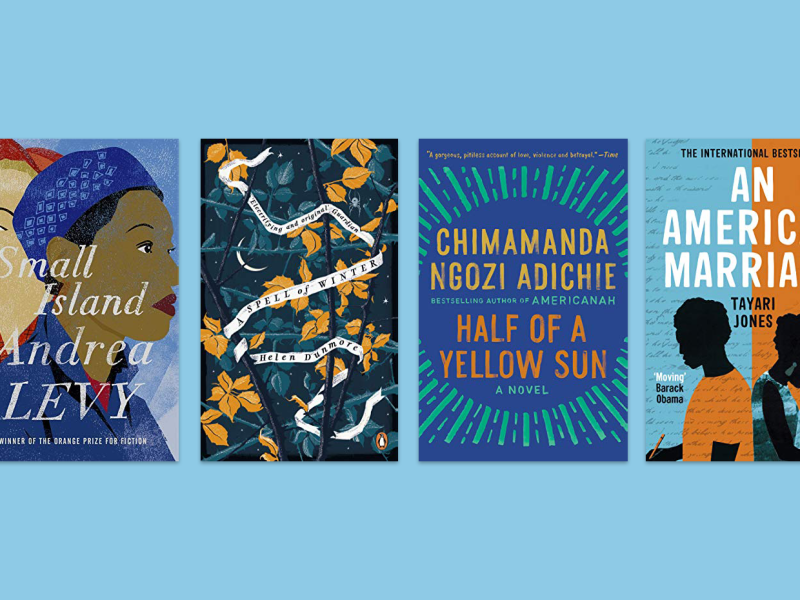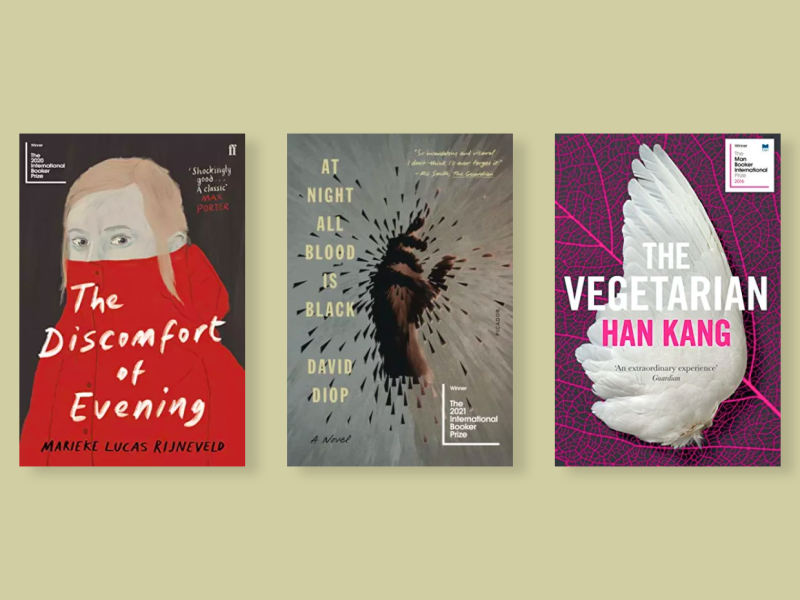The Nobel Prize for Literature is the world’s most important international literary honor. Alfred Nobel - the Swedish scientist, engineer, and inventor - left his fortune to establish awards for physics, chemistry, physiology/medicine, peace, and literature.
The prizes began in 1901, and the first winner for literature was the French poet and essayist Sully Prudhomme. The winner is decided by a committee consisting of members from the Swedish Academy, which was founded in 1786. The Swedish Academy features 18 people of note – such as writers, scholars, and historians - who have the role for life. The prize is awarded for a writer’s overall body of work although individual works of importance have been cited at times.
Past winners include Annie Ernaux, Ernest Hemingway, Albert Camus, Hermann Hesse, José Saramago, Pablo Neruda, Kazuo Ishiguro, and Aleksandr Solzhenitsyn. Swedish author Selma Lagerlöf was the first woman to win the Nobel Prize for Literature in 1909.

The Nobel Prize looks for excellence in more than just fiction. Non-fiction authors (Winston Churchill and Bertrand Russell), poets (such as T.S. Eliot), playwrights (such as Harold Pinter and Nelly Sachs), a short story writer (Alice Munro), and even a singer/songwriter, Bob Dylan, have been honored.
The 2024 winner is South Korean novelist Han Kang, recognized “for her intense poetic prose that confronts historical traumas and exposes the fragility of human life.” Kang’s work often engages themes of patriarchy, violence, grief, and humanity, and she first achieved international readership when she won the International Booker Prize in 2016 for The Vegetarian. Other noteworthy novels include The White Book, Human Acts, and Greek Lessons. Han Kang is the first South Korean author and 18th woman to be awarded the prize.
* The list of winners shown below contains quotations sourced from nobelprize.org. Prizes were not awarded in 1914 and 1918.


